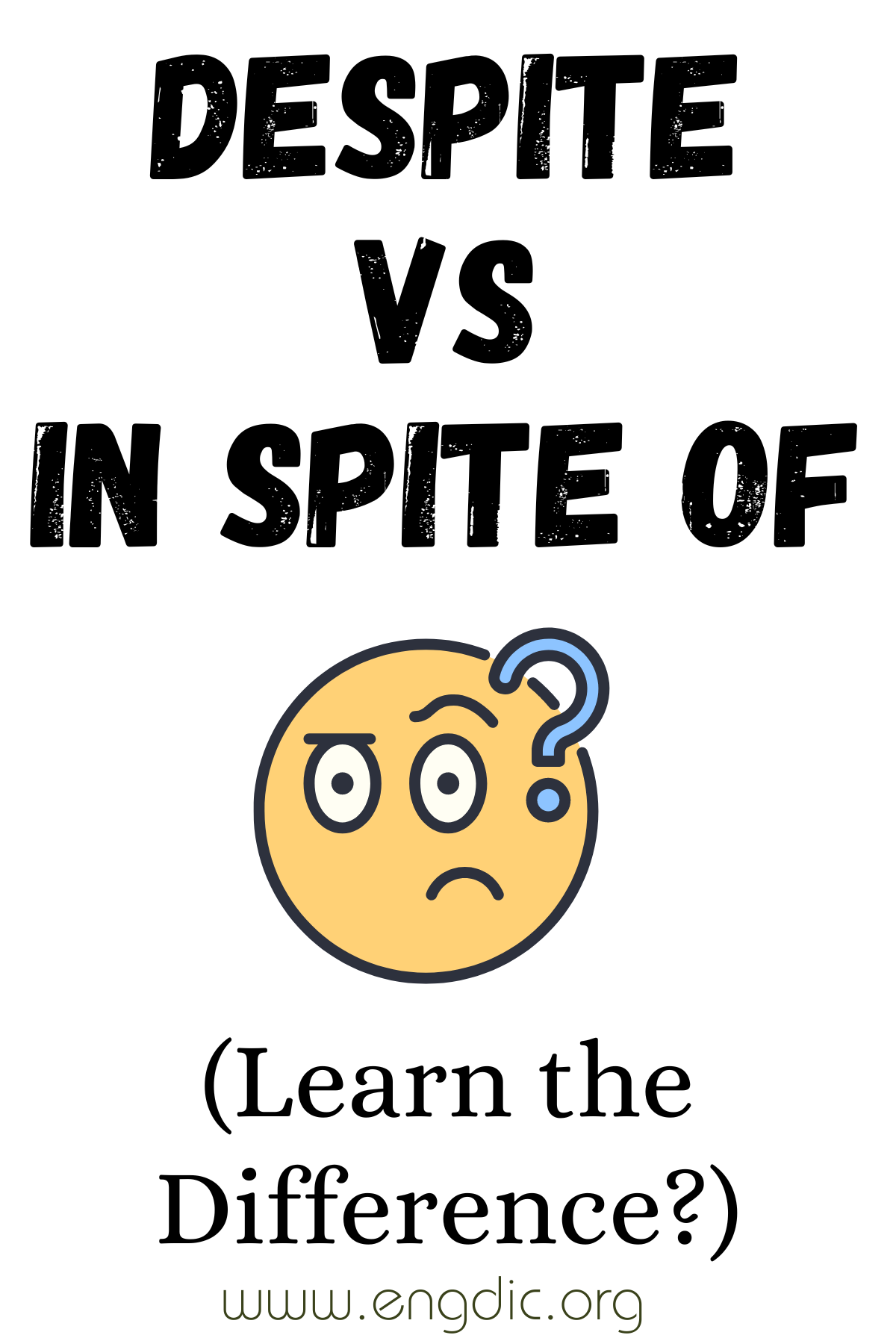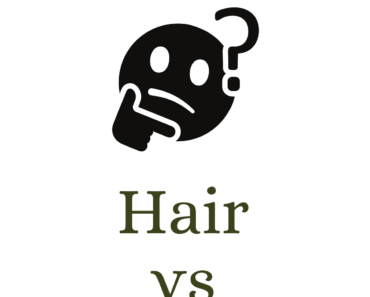“Despite” and “in spite of” are synonymous phrases used to indicate a contrast or an unexpected outcome.
Both imply that something happened even though there were obstacles or opposing conditions.
However, “despite” is often considered slightly more formal and concise, while “in spite of” can sound more conversational or emphatic.
They are interchangeable in most contexts, but “despite” is a single word, while “in spite of” consists of three words, often leading writers to favor the more concise “despite” for simplicity.
Despite:
- Definition: A preposition meaning “regardless of.”
- Usage: “Despite” introduces a surprising contrast or contradiction.
- Example 1: “She excelled in her job despite having no prior experience.”
- Example 2: “Despite the rain, the football match continued.”
In Spite Of:
- Definition: A prepositional phrase meaning “in defiance of.”
- Usage: “In spite of” introduces a contrast similar to “despite” but is more emphatic and conversational.
- Example 1: “They completed the project on time in spite of the delays.”
- Example 2: “In spite of his injury, he finished the marathon.”







